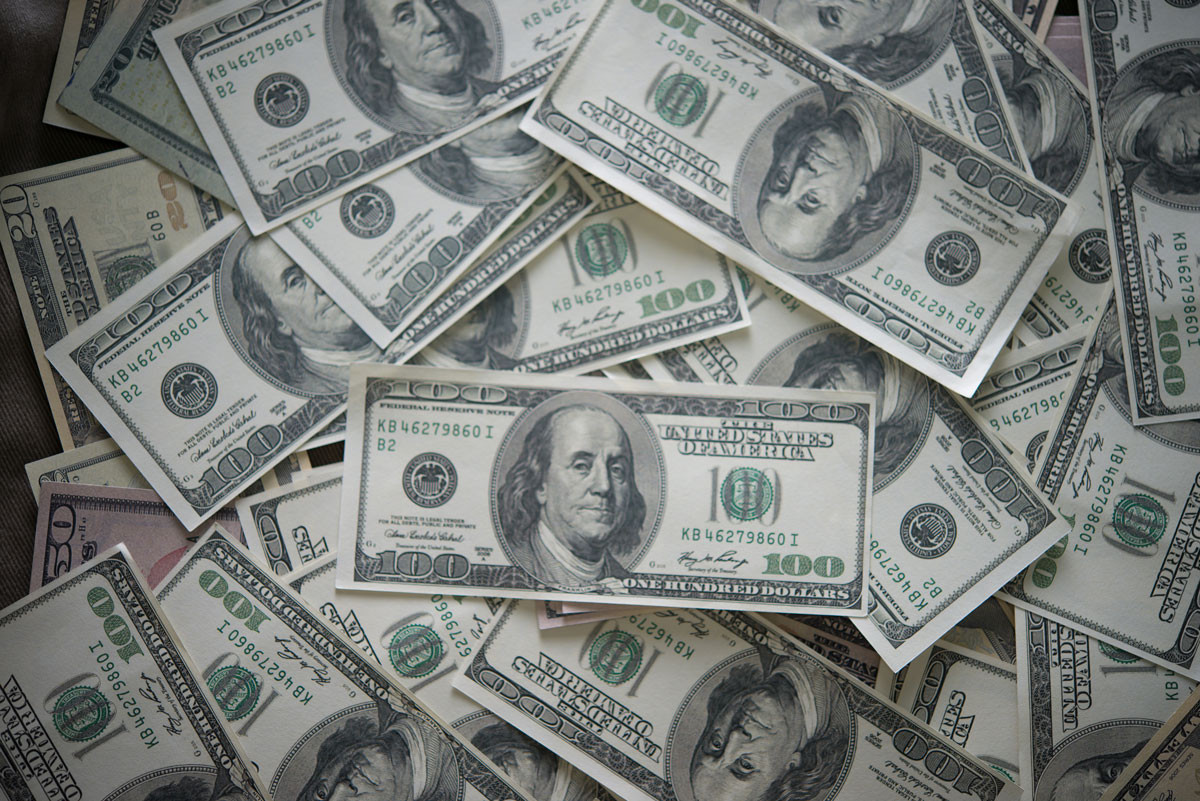Popular Reads
Top Results
Can't find what you're looking for?
View all search resultsPopular Reads
Top Results
Can't find what you're looking for?
View all search resultsA bond market of haves and have-nots for emerging nations
It could be a while before the weaker developing nations can access the market again.
Change text size
Gift Premium Articles
to Anyone
T
he international bond market has reopened for developing nations following last month’s turmoil, but only for the strongest among them.
From Israel to Saudi Arabia, Peru to Abu Dhabi, highly-rated governments have raised billions without a sweat. But their junk-rated cousins in emerging markets – like Angola – have had to hold off their plans amid market distress.
This divergence reverses the trend of 2019, when bondholders were keener to embrace riskier debt to escape from negative-yielding securities in developed markets. With a global recession looming and a pandemic whose end is unclear, there’s now a flight to safety. It could be a while before the weaker developing nations can access the market again.
The good
Following Panama’s US$2.5 billion bond on March 26, Israel, Indonesia, Qatar, Abu Dhabi, Saudi Arabia and Peru have sold dollar debt.
Read also: Bank Indonesia buys $108m of government bonds at auction, first time since rule change
Saudi Arabia got more than $50 billion of orders for its $7 billion deal, while Qatar and Abu Dhabi came close. Bids for each of Israel and Peru’s bonds topped $25 billion, with the latter’s finance minister saying her country had never attracted such a big order book.
These are some of the best names in emerging markets. All of them have a full set of investment-grade ratings and only Panama and Indonesia don’t have ratings of single-A or higher.
The not-so-good
Elsewhere, things are much tougher. The average yield on the dollar bonds of junk borrowers in emerging markets is 11.2 percent, compared with 4.1 percent for investment-grade credits, according to JPMorgan Chase & Co.’s indexes. The spread between the two is the widest since 2002 and far wider than during the 2008-09 global financial crisis.
Angola’s government is among those that have had to scrap ideas for Eurobond deals and wait until the markets calm down. The West African oil producer’s dollar yields have soared to 25 percent, according to Bloomberg Barclays indexes, well into distressed territory and shutting it out of the market.
Read also: UK launches massive bond sales to fund COVID-19 spending surge
The small Gulf nation of Bahrain suspended plans to refinance a maturing bond with a new deal last month and instead raised a loan of about $1 billion from its banks, Reuters reported.
Tunisia said last week it may turn to the foreign debt market to shore up its finances. But the government, whose Eurobond yields average more than 10 percent, said it’s talking to other countries to see if they can provide a guarantee. The country has issued dollar bonds backed by the US previously, most recently in 2016.
Many African governments are accessing emergency credit lines from the International Monetary Fund to counter the virus. Some economists are calling for them and other emerging markets to be allowed to delay payments on their commercial debt so they can use scarce resources to boost their ravaged economies.










